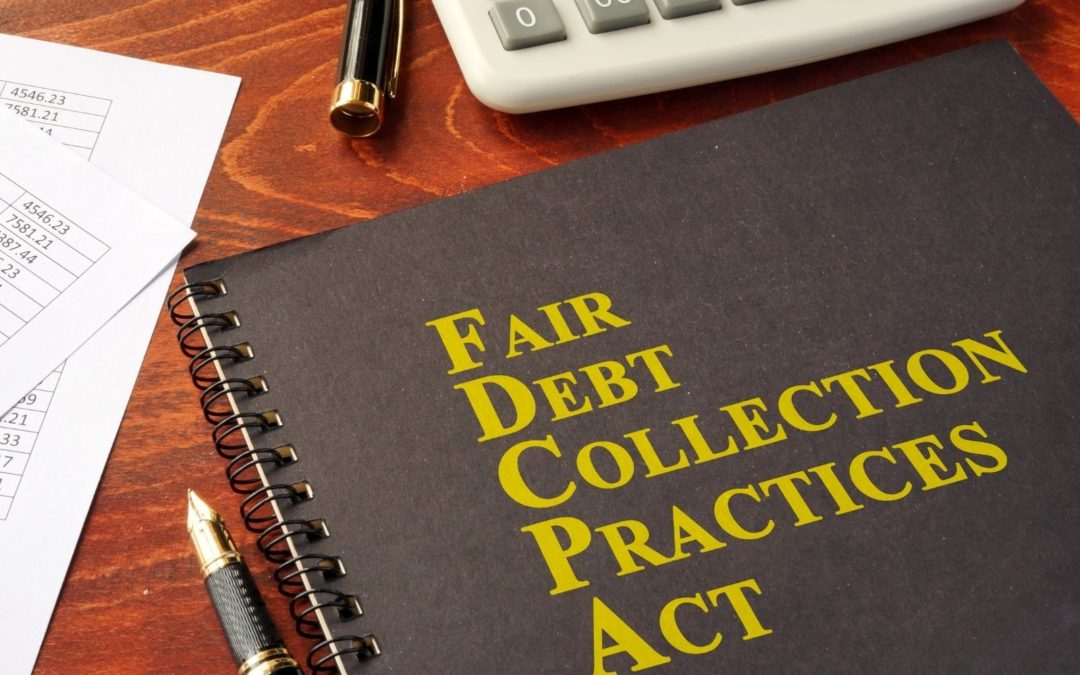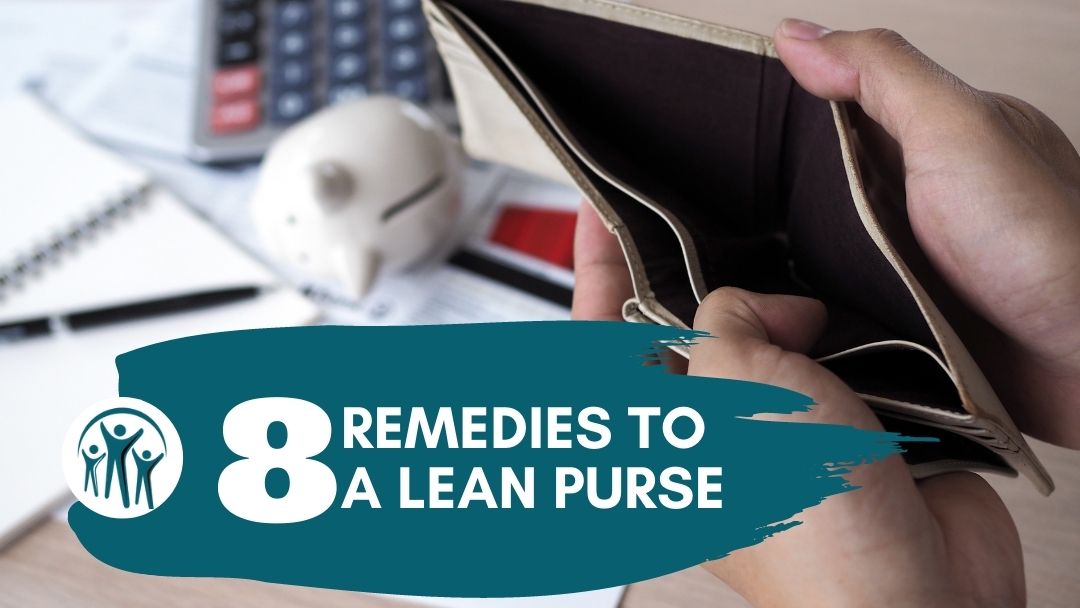Your first instinct may be to hide or ignore the situation and hope it goes away. But that can make things worse.
First, be sure the debt collector and the debt are legitimate.
Find out:
- Who you’re talking to (get the person’s name)
- The name of the debt collection company
- The company’s address and phone number
- The name of the creditor
Ask the debt collector for:
- The amount owed
- The name of the creditor
- How you can dispute the debt or verify the debt is yours
If the debt collector doesn’t tell you this information the first time, it contacts you, ask for the information in writing. It is a good idea to get this written notice before you agree to pay the debt collector or try to negotiate.
Second, identify the debt.
If you recognize the debt
You can contact the debt collector and work out a repayment plan that makes sense for you.
If the debt is several years old
Before making a payment or agreeing to a payment plan for an old debt, find out what your state’s statute of limitations is for filing a lawsuit to collect the debt. You may want to consult an attorney or the applicable law in your state.
If you’re not sure the debt is yours
Write and ask for formally written verification of the debt, including:
- The name and address of the original creditor (if different than the current creditor)
- How much you owe
- Proof the debt is yours
If the debt is not yours
Write the debt collector to tell them the debt is not yours and that you do not want to be contacted about it again.
Third, keep your letters.
Keep the letters you receive and make copies of the letters you send if you need to dispute the issue later.
Harassment is illegal
The Fair Debt Collection Practices Act says debt collectors cannot harass, oppress, or abuse you or anyone else they contact.
For example, debt collectors can’t:
- Make repeated phone calls intended to annoy, abuse, or harass you or any person answering the phone.
- Use obscene or profane language.
- Make threats of violence or harm.
- Publish lists of people who refuse to pay their debts (this does not include reporting information to a credit reporting company).
- Call you without telling you who they are.
If you believe a debt collector is harassing you, you can submit a complaint with the Consumer Financial Protection Bureau (CFPB).
Larry Marvin
LifeCrafter – Money $ense
###
Learn more at consumerfinance.gov. Consumer Financial Protection Bureau
- ©2017 Larry Marvin, Image Credit:32671790441_dbc0255096_o.jpg
- gov., Consumer Financial Protection Bureau
Sources
- When a Debt Collector Calls, How Should You Answer …. https://www.hoganwillig.com/blog/when-a-debt-collector-calls-how-should-you-answer
- Servicemembers: Know your rights when a debt collector calls. https://files.consumerfinance.gov/f/CFPB-Servicemembers-Know-Your-Rights-Handout-Debt-Collection.pdf
- Know Your Rights When a Debt Collector Calls …. https://texaslawhelp.org/article/know-your-rights-when-debt-collector-calls







